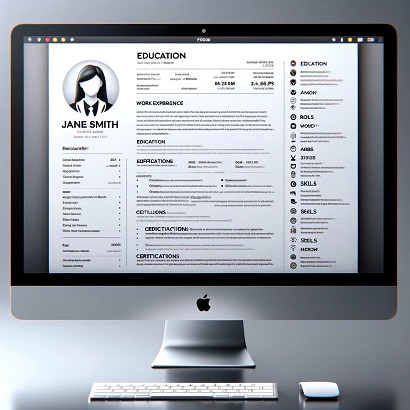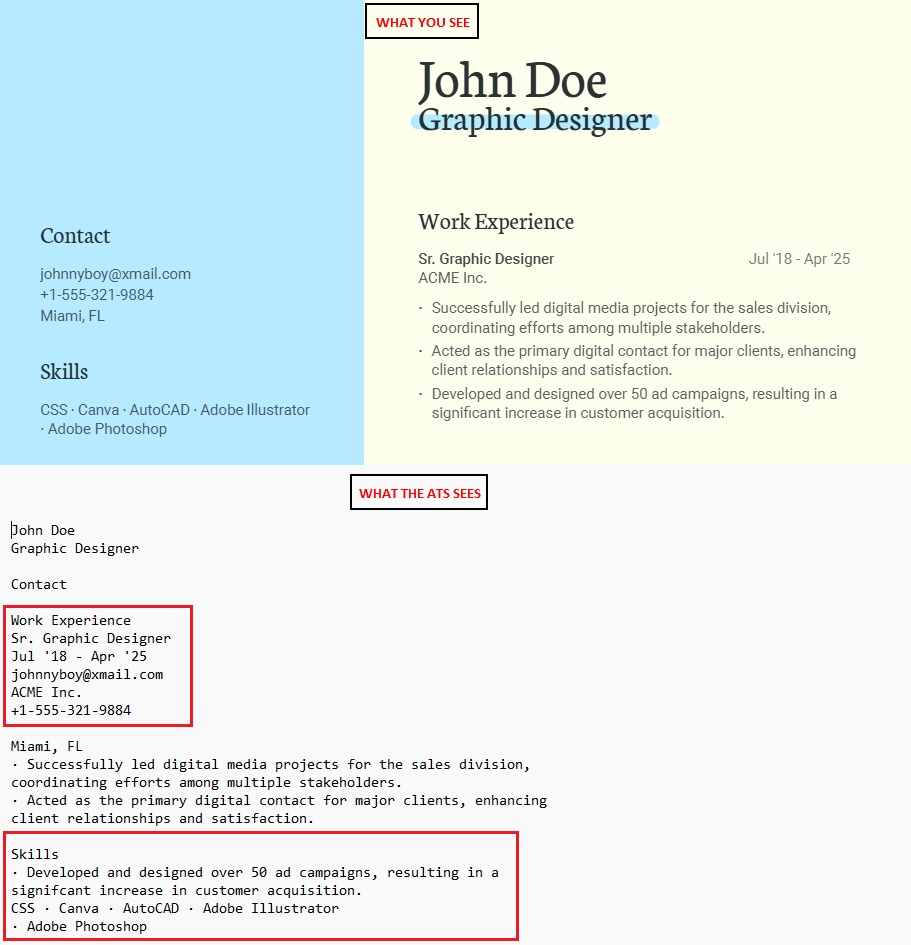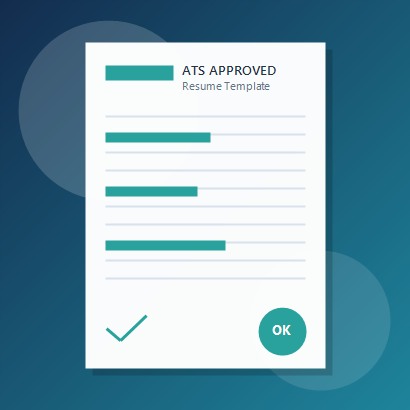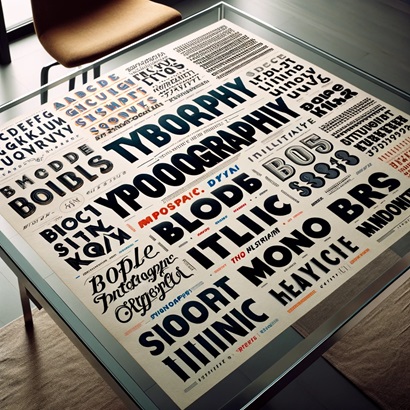The Pitfalls of PDF Resumes: Why .docx is the Smart Choice
Resume Optimizer Pro Editorial Team
Updated July 14, 2025

Your resume is your ticket to the interview room. Crafting a standout resume is crucial, but equally important is the format you choose to present it in. While many candidates opt for PDF format, believing it offers a polished appearance, evidence shows that PDFs may not be the best choice after all. In fact, PDF resumes can pose significant challenges, especially when it comes to parsing by recruiting software. Explore why PDF is not the ideal format for electronic resumes and why candidates should consider submitting their resumes in MS Word format instead.
The Misconception of PDF Format
PDF (Portable Document Format) is known for its ability to preserve the visual integrity of documents across various devices and platforms. It's often used for sharing documents that need to look the same regardless of where they are viewed. This characteristic has led many job seekers to believe that PDFs are the ideal format for their resumes. After all, your resume should look perfect, right?
Why PDFs Have Issues With Resume Parsers
The problem with PDF resumes lies in how they are processed by recruiting software, commonly known as Applicant Tracking Systems (ATS). ATSs are used by employers to scan and evaluate resumes quickly. When it comes to parsing the content of a resume, PDFs can be a headache for several reasons:
- Graphical Nature: PDFs are essentially graphical documents. Unlike text-based formats like MS Word, where the text is readily accessible, PDFs often store text as images. While this ensures the visual fidelity of the document, it creates issues when it comes to extracting the text itself. When recruiting software tries to parse a PDF, it may encounter difficulties in recognizing and interpreting the underlying text.
- Parsing Errors: Due to the graphical nature of PDFs, the text may be stored in a way that makes it indecipherable or corrupt when parsed by an ATS. This can lead to critical information being misinterpreted or completely overlooked.
- Limited Keyword Recognition: ATSs rely heavily on keyword matching to identify qualified candidates. PDFs can hinder the ATS's ability to recognize keywords and phrases, making it more likely for your resume to be discarded.

The Case for .docx Format
In contrast, .docx format (typically MS Word) offers several advantages when it comes to electronic resumes:
- Text-Based: MS Word documents are text-based, making them easily readable and parseable by ATSs. The text is readily accessible, allowing the software to extract and analyze the content accurately.
- Parsing Precision: With MS Word, the risk of parsing errors is significantly reduced. The content is stored in a format that ATSs can interpret correctly, ensuring that your qualifications and skills are accurately captured.
- Keyword Compatibility: MS Word documents are well-suited for keyword matching, which is crucial for aligning your resume with the job description. Your resume is more likely to rank higher in ATS-generated candidate lists.
Conclusion
While PDFs may be suitable for many document-sharing scenarios, they are not the best choice for electronic resumes, especially when ATS parsing is involved. To increase your chances of getting noticed by employers and passing through the initial screening process, consider submitting your resume in MS Word format. By making this simple change, you can ensure that your qualifications are accurately captured, keyword matching is effective, and your application stands a better chance of reaching human eyes. Remember, in the world of job applications, clarity and compatibility matter, and MS Word offers both in abundance.


